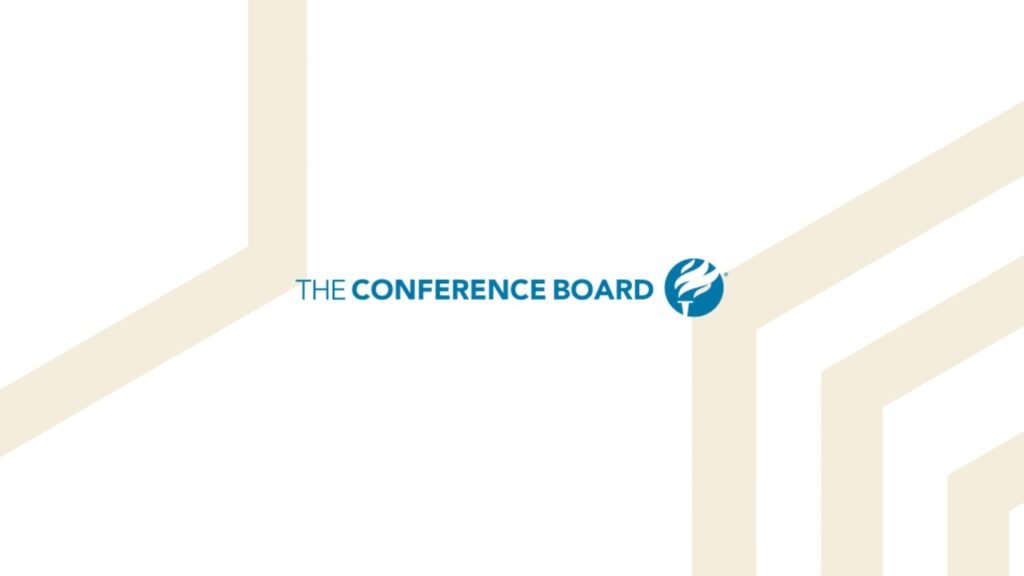NEW YORK, April 15, 2025 /PRNewswire/ — Chief Human Resource Officers (CHROs) are more integral than ever in driving business strategy, serving as key advisors to the CEO and board. Bearing this out is new data from The Conference Board: CHRO engagement with the board has increased over the past three years at nearly 70% of public companies surveyed.
“The pandemic was a pivotal moment in the evolution of the CHRO role, as companies were forced to rethink workforce management, employee well-being, and organizational resilience. But longer-term economic and business shifts—the advent of AI, a fast-aging population, evolving employee expectations—have cemented the need for CHROs to become fully embedded in the C-Suite and boardroom,” said Diana Scott, US Human Capital Center Leader at The Conference Board.
The report, based on a survey of 55 corporate secretaries and interviews with more than 30 US and European CHROs, CEOs, and board directors, details common derailers that can undermine CHROs’ board engagement and impact. It also offers recommendations for boards and CEOs to empower CHROs.
Key insights include:
Over the last three years, CHROs have become more engaged with the board at most companies.
- Significantly more engaged: 31%
- Moderately more engaged: 38%
- Unchanged: 24%
- Slightly less engaged: 5%
- Significantly less engaged: 2%
The share of board directors with human capital expertise at US public companies is rising.
- In 2018, 10.2% of independent directors in the Russell 3000 and 16.2% in the S&P 500 disclosed human capital qualifications and skills.
- In 2024, 25.5% and 38.3% did so, respectively.
CHROs attend most or every full board meeting at nearly two-thirds of companies surveyed.
- Every board meeting: 39%
- Most board meetings: 20%
- Occasionally: 22%
- Rarely: 8%
- Never: 10%
CHROs are expected to become fully integrated into the leadership team.
Their expanded scope of work includes involvement in:
- Business and financial strategy
- Workforce and labor market strategy
- Operational efficiency
- CEO and leadership succession planning
- Support for mergers & acquisitions and growth strategy
“By building strong partnerships with both the CEO and the board, these next-generation, high-impact CHROs are well positioned to shape enterprise strategy, advise on governance risks, and guide long-term talent and succession planning,” said Rita Meyerson, Principal Researcher, Human Capital, The Conference Board.
CHROs can deepen their influence by building trust, demonstrating business expertise, aligning with the CEO, and engaging with the board.
Steps include:
- Build professional credibility and trust with the board.
- Demonstrate business acumen and financial expertise.
- Foster informal and ongoing engagement with board members.
- Steer board discussions on human capital.
- Cultivate strategic alignment with the CEO before engaging the board.
Board directors should actively set and reinforce expectations with both the CHRO and the CEO to ensure human capital remains a strategic priority.
Steps include:
- Establish a direct board-CHRO relationship.
- Enhance the depth and quality of board discussions on human capital strategy.
- Support the CHRO in executive compensation and succession planning discussions.
The support of the CEO legitimizes and strengthens the influence and impact of the CHRO.
Steps include:
- Champion the people strategy to the board.
- Build trust through open and honest dialogue.
- Empower the CHRO as a genuine peer in the C-Suite.
Boards, CEOs, and CHROs should avoid common pitfalls that undermine CHROs’ board engagement and strategic impact:
- Boards that undervalue CHRO and human capital expertise.
- Friction over CEO succession planning.
- CEOs who limit the CHRO’s interactions with the board.
- Limited commercial and financial acumen.
“Boards are crucial in legitimizing CHROs and empowering them as strategic partners. CHROs can only maximize their influence in board discussions when directors clearly define their expectations and provide necessary support. Boards can empower CHROs by fostering a trusted partnership for candid workforce risk insights that inform high-level decision-making,” said Andrew Jones, Principal Researcher, ESG Center, The Conference Board.
About The Conference Board
The Conference Board is the member-driven think tank that delivers Trusted Insights for What’s Ahead™. Founded in 1916, we are a non-partisan, not-for-profit entity holding 501 (c) (3) tax-exempt status in the United States. www.ConferenceBoard.org
SOURCE The Conference Board

